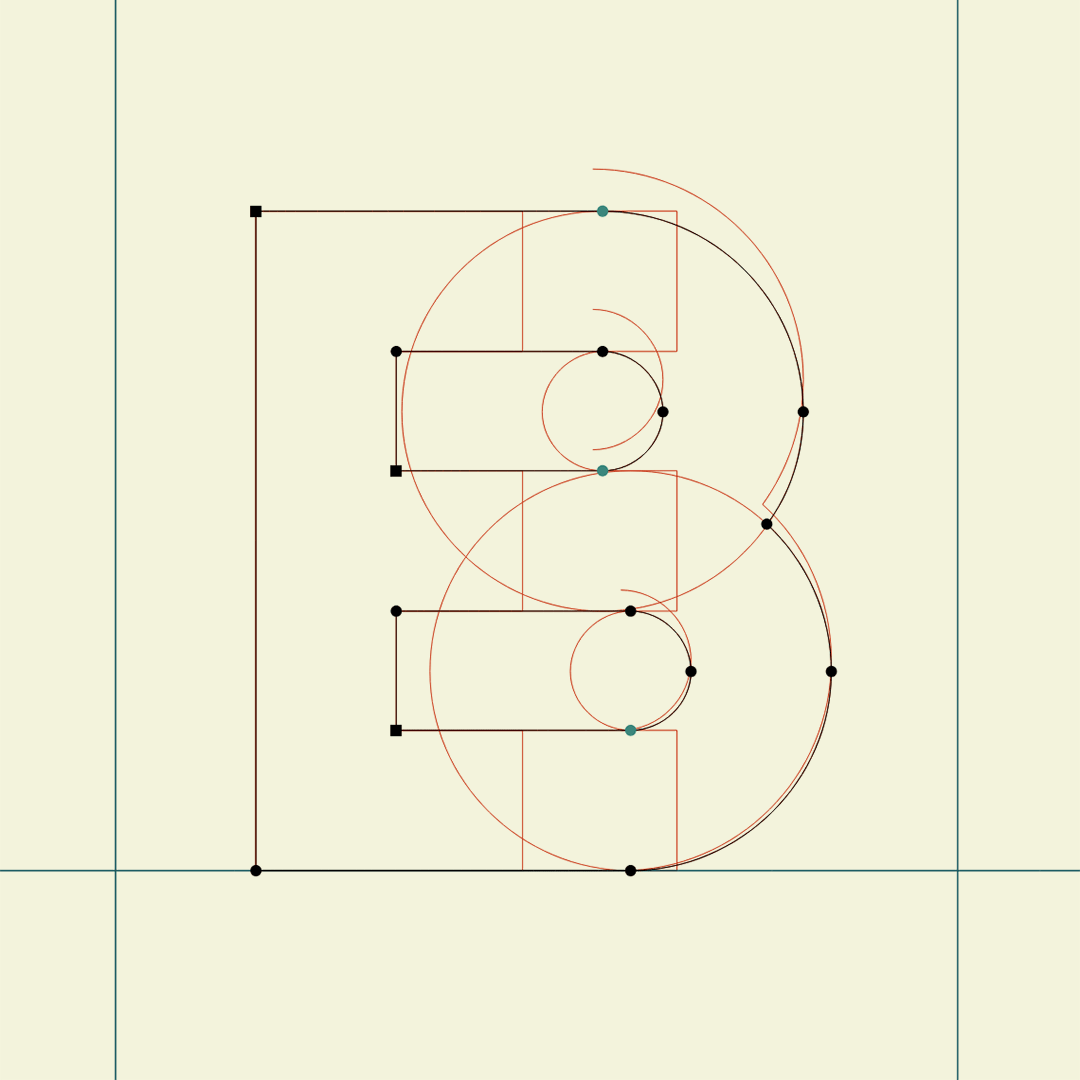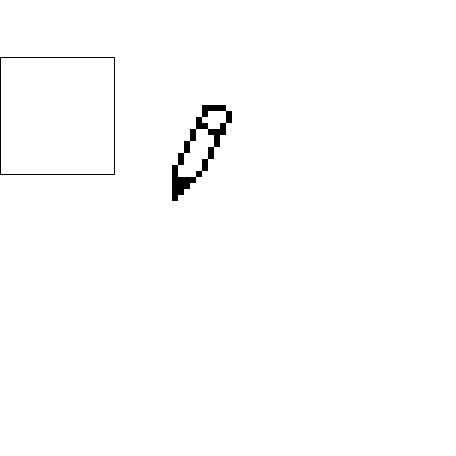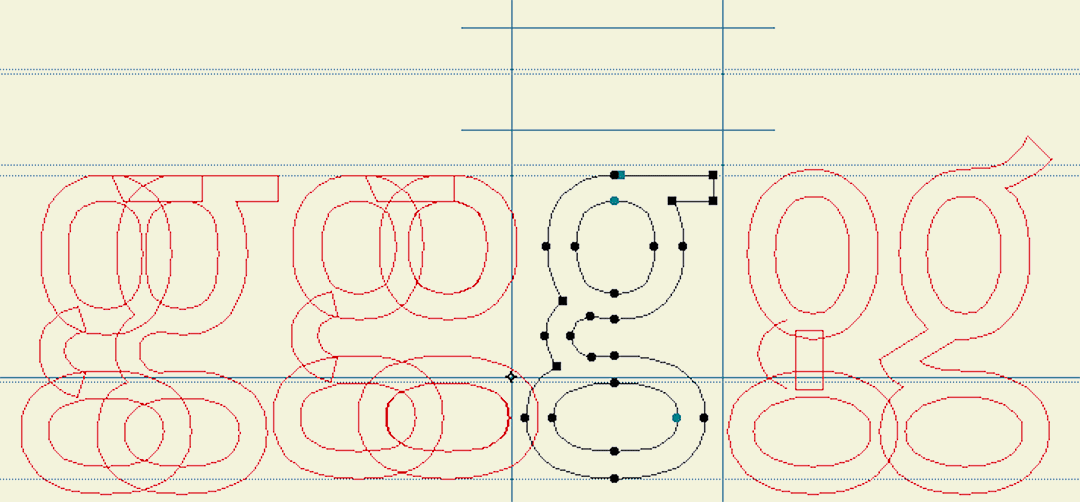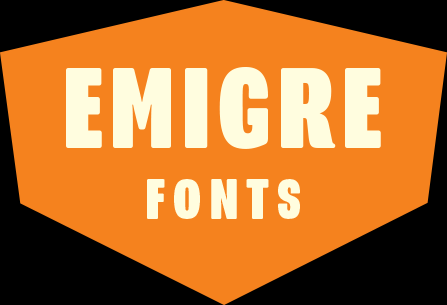
Digital Font Sketches
When Emigre donated its comprehensive archive to Letterform Archive in San Francisco in 2016, one of the issues that came up was how to best preserve Zuzana Licko’s type design process. This was a challenge, because during her career as a type designer, Zuzana rarely made sketches for her fonts. Within the world of type design this is unusual as most designers conceptualize and jot down ideas usually using pencil and paper. That doesn’t mean her typeface designs arrived out of the blue fully formed. Growing up with the computer all her exploratory work was done almost exclusively on the computer.
She explains: "This was a natural outcome from the technology, which started with bitmap type in 1984. Creating letter shapes with the bitmap font editing program, on the new 128k Mac, was much faster than sketching bitmaps on grid paper. It provided live preview while trying out various pixel configurations of a letter, as well as simultaneously viewing letter combinations in a line of sample text.

Then, as the font technology advanced into outline format, the first preview tools were quite crude, so it remained easier for me to work on screen and run printouts only as confirmation of form, which is the reverse of the skecth/scan/import/trace method preferred by many typeface designers.

Because of this workflow, my printouts served as a way of visualizing details, recording the work progress, marking the changes to be made, and for proofing body copy texture in texts of various sizes.
So, the very first ideas, or alternate forms, often existed only in digital format, and I saved these in the background layer of the font editing program, which at the time was Fontographer. There was only one background layer available then. So, for clarity, and to avoid the distraction of too many outlines in the background, I would periodically delete some of this work. Regrettably, none of this material survived the most recent transfer of my master font files, which was necessary to bring the fonts to the current font making technology. I was able to save my old Fontographer files, but they became increasingly difficult to access as the operating system advanced.”
Now, thanks to the expertise and ingenuity of fellow type designer and font developer Frank Grießhammer, many of these early background layers have been reconstituted, and preserved in PDF format. Using a variety of tools, including DrawBot, Frank figured out how to distill and convert these surviving outlines, recreate the drawing plane environment, and export elegant PDF files. The only detail missing is the coarse screen display, which was much more pixelated in the old Fontographer preview than the infinitely smooth outlines in these PDF files.
Get a peek behind the scenes of the early stages of iconic digital typefaces such as Mrs Eaves, Filosofia, Matrix, Base 900 and others. Click on any of the font names in the column on the left and download hundreds of digital font sketches resurrected from Zuzana Licko’s early computer files.


